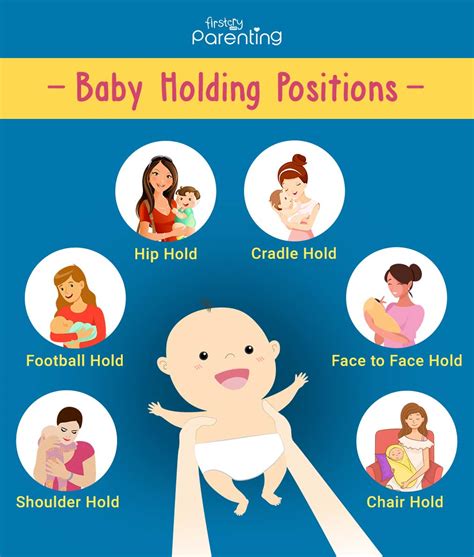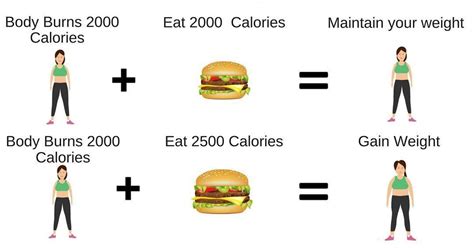Understanding the Basics: Calories and Energy Expenditure
Calories represent the amount of energy your body uses to function. The number of calories you need to burn each day depends on various factors, including:

- Age
- Gender
- Weight
- Height
- Activity level
Daily Calorie Burn Recommendations
According to the Centers for Disease Control and Prevention (CDC), the recommended daily calorie burn ranges from:
| Age Group | Female | Male |
|---|---|---|
| 19-30 | 1,800-2,000 | 2,000-2,400 |
| 31-50 | 1,600-1,800 | 1,800-2,200 |
| 51-70 | 1,400-1,600 | 1,600-2,000 |
| 71+ | 1,200-1,400 | 1,400-1,800 |
Factors Affecting Calorie Burn
1. Basal Metabolic Rate (BMR)
BMR refers to the number of calories your body burns at rest to maintain essential functions like breathing and digestion.
2. Physical Activity Level
The intensity and duration of your workouts significantly impact calorie burn.
3. Thermic Effect of Food (TEF)
TEF is the number of calories burned during digestion. Protein has the highest TEF, followed by carbohydrates and fats.
Strategies for Increasing Calorie Burn
1. Engage in Regular Exercise
Incorporate a mix of cardio, strength training, and flexibility exercises into your routine.
2. Increase Intensity and Duration
Gradually increase the intensity and duration of your workouts to burn more calories.
3. Boost Muscle Mass
Muscle burns more calories than fat, even at rest. Focus on building muscle through resistance training.
4. Enhance NEAT (Non-Exercise Activity Thermogenesis)
Engage in activities that increase calorie burn outside of formal workouts, such as walking, cleaning, or gardening.
5. Follow a Nutrient-Rich Diet
Choose nutrient-rich foods that promote satiety and reduce hunger, leading to lower calorie intake.
Tips and Tricks
- Use a calorie-tracking app to monitor your food intake and calorie burn.
- Stay hydrated by drinking plenty of water throughout the day.
- Get enough sleep as sleep deprivation can increase hunger and decrease motivation.
- Seek professional guidance from a registered dietitian or certified personal trainer for personalized advice.
Conclusion
Determining the ideal number of calories to burn per day requires considering individual factors and fitness goals. By understanding the basics, implementing effective strategies, and adopting a holistic approach, you can achieve your 2025 fitness aspirations while improving overall health and well-being.












